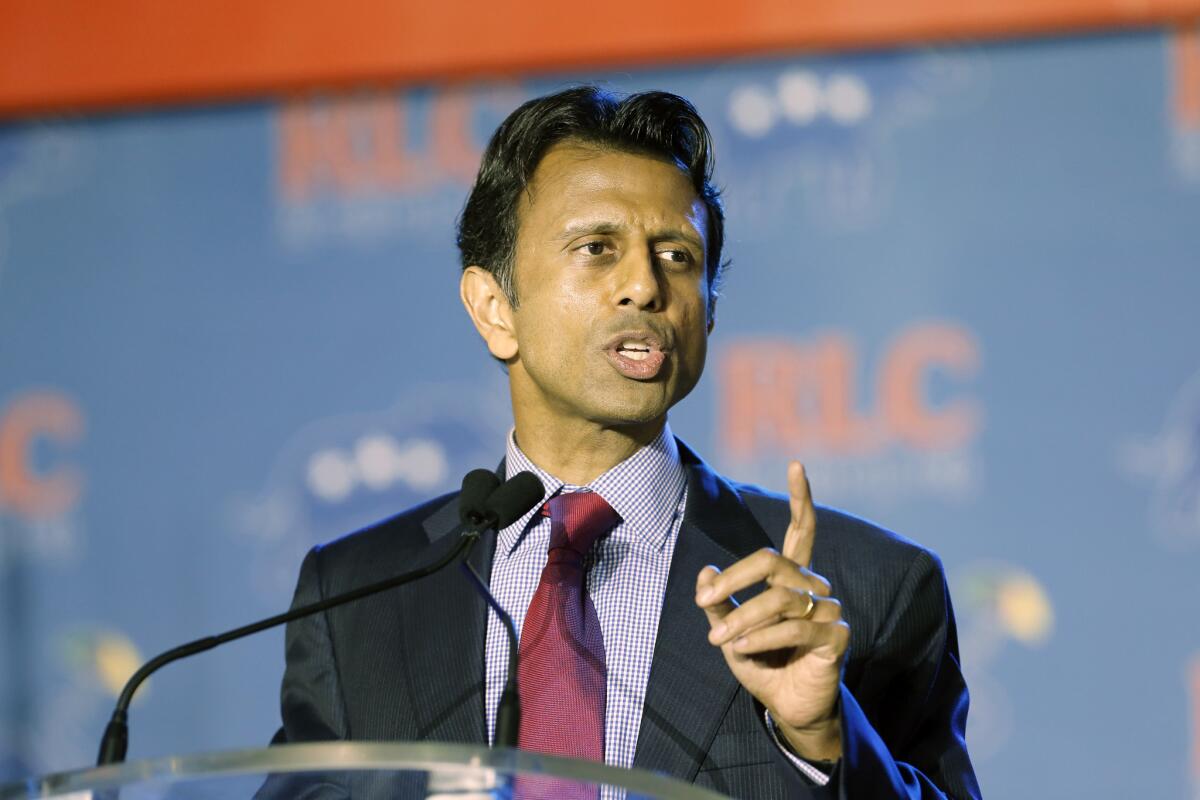A new sign that opting out of Medicaid expansion will cost states money

The Kaiser Family Foundation’s latest issue brief on Medicaid offers new evidence on the fiscal implications for states that have opted out of the Medicaid expansion available under the Affordable Care Act. Opting out, the foundation says, is very costly.
The bottom line: Governors and state legislators who opted out of expansion should be quarantined to keep them from hurting their residents, and their states’ budgets.
The foundation determined that Medicaid enrollment and spending rose in fiscal 2014 and will rise further in fiscal 2015 in virtually all states, by an average 6.4% this year and 5.2% next year. That’s due partially to expanded eligibility in expansion states, and increased participation by eligible persons under pre-ACA rules, even in non-expansion states.
But the spending increase in non-expansion states will be much greater. That’s because the federal government is covering 100% of the cost of the expansion through 2016; the federal share diminishes each year after that until 2020, when it settles permanently at 90%. Even at that level, it’s higher than the federal share for traditional, non-expansion Medicaid, which is higher for poorer states. Next year, the federal share will range from 50% to 73.6%.
In the 27 states and the District of Columbia that have agreed to expand Medicaid, enrollment will rise 12.2% this year and 18% in 2015. But state spending will increase only by 6.6% this year and 4.4% next year. By contrast, enrollment in the 21 non-expansion states will rise 2.8% this year and 5.2% next year--but state spending will soar by 6.1% this year and 6.8% in 2015, far outstripping the spending increases in expansion states.
In expansion states, the higher spending may well be counter-weighted by savings in other portions of the state budget. State officials told the Kaiser Family Foundation that “expanded coverage through Medicaid could allow for reductions in state spending for services such as mental health, correctional health, state-funded programs for the uninsured and uncompensated care,” the foundation report says. Expansion states also are benefiting from “projected drops in the number of uninsured and increases in state economic activity.”
These findings mock the claims of expansion obstructionists--all Republicans--that they’re being fiscally responsible by opting out of the Medicaid expansion. Since the federal government is picking up the tab, taxpayers in those states aren’t evading the costs--they’re just paying via their federal taxes for Medicaid in states other than their own.
The benefits for state budgets and general well-being of the Medicaid expansion make this last-stand resistance ever harder to justify, even for know-nothing GOP state leaderships. That’s why several Republican governors have moved to join the expansion club or expressed new-found interest, including those of Indiana, Utah, Pennsylvania and Wyoming.
The last holdouts look increasingly foolish. It’s impossible to take Louisiana Gov. Bobby Jindal seriously when he calls a ban on travelers from Ebola-stricken West Africa “just common sense,” but doesn’t have the common sense to bring 272,000 residents of his own state under Medicaid’s umbrella--at no cost to his budget. As we observed recently, leaving those residents uncovered could lead to as many as 542 unnecessary deaths among them. The number of Louisianans who have succumbed to Ebola as of this writing: zero.
Keep up to date with the Economy Hub. Follow @hiltzikm on Twitter, see our Facebook page, or email mhiltzik@latimes.com.
More to Read
Inside the business of entertainment
The Wide Shot brings you news, analysis and insights on everything from streaming wars to production — and what it all means for the future.
You may occasionally receive promotional content from the Los Angeles Times.











